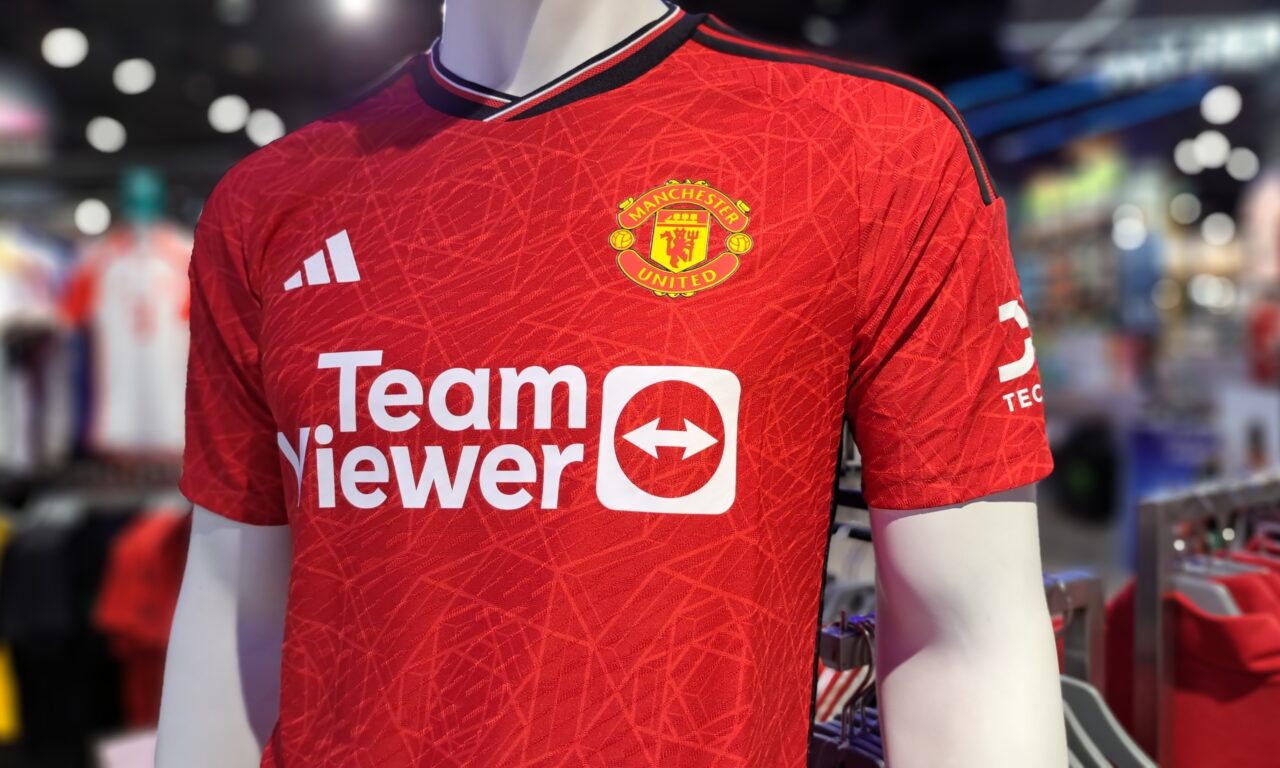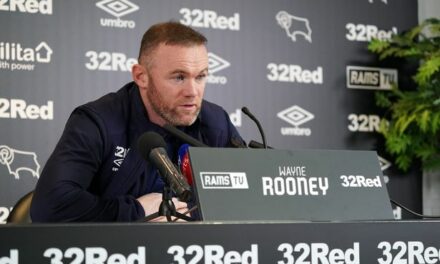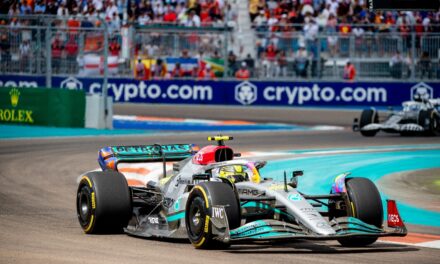Game Changer: Why Manchester United represents the perfect partner for Adidas to promote women’s football

Sportswear giant Adidas and Manchester United recently sealed the most significant kit deal in Premier League history. Valued at a staggering £900 million over a decade, this partnership not only reflects the club's unrivalled heritage and success but also serves as a testament to the growing importance of social impact and shared values in modern sponsorship.
The Sponsor magazine's ranking has put Manchester United's front-of-shirt sponsorship in second place, surpassing traditional rivals like Liverpool, Arsenal, and Chelsea. The driving force behind this valuation lies in Manchester United's storied history, which is rich with triumphs and unforgettable moments in English football. The club's legacy resonates with fans worldwide, making their merchandise an appealing investment for sponsors seeking widespread exposure.
However, historical achievements are not the sole contributing factor to the immense value of Manchester United. A key aspect that elevated their appeal to Adidas is the club's unyielding dedication to supporting grassroots football and women's games. With a shared passion for nurturing talent and promoting inclusivity, Manchester United aligns seamlessly with Adidas' vision of fostering growth in the sport at all levels.
The importance of shared values and long-term commitment cannot be overstated, and this deal serves as an illustrative example of the benefits that arise from such alignments. For brands seeking to strengthen their position in the market, investing in a partnership with a compatible, values-driven entity can yield substantial returns. Building on an existing rapport and trust ensures that both parties can double down on their commitment, resulting in amplified value creation.
The lessons extend beyond brands and corporate entities, permeating the realm of sports teams and events. As this groundbreaking deal suggests, the days of relying solely on on-pitch success to attract sponsors are fading. In today's socio-conscious climate, sponsors are increasingly scrutinising how teams conduct themselves and the positive impact they have on society. Factors such as support for women's football, community engagement, youth development, and sustainability initiatives play a pivotal role in influencing sponsorship decisions.
Manchester United's commitment to supporting women's football is a reflection of the growing recognition and promotion of the women's game in recent years. By championing gender equality in sports, the club reinforces the idea that football is a unifying force that transcends gender boundaries.
Moreover, the dedication to grassroots initiatives underscores the club's understanding of football's profound influence in nurturing young talent and cultivating a sense of community. By investing in youth development, Manchester United not only secures a bright future for their own squad but also strengthens their position as a socially responsible institution, which resonates strongly with sponsors like Adidas.
In conclusion, the momentous partnership between Adidas and Manchester United serves as a shining example of the value that can be unlocked when two entities share common values and a mutual commitment to growth. The deal also underscores the evolving landscape of sports sponsorship, where factors beyond on-pitch success hold considerable weight in attracting lucrative partnerships.
As teams and events seek to secure long-term, lucrative sponsorships, they must adapt to these changing dynamics. A focus on supporting the grassroots, women's football, the community, and sustainability initiatives can enhance a team's marketability and appeal to socially conscious sponsors. By embracing a broader sponsorship offering that reflects their commitment to a better future, teams can position themselves at the forefront of the next era of sports sponsorship.








